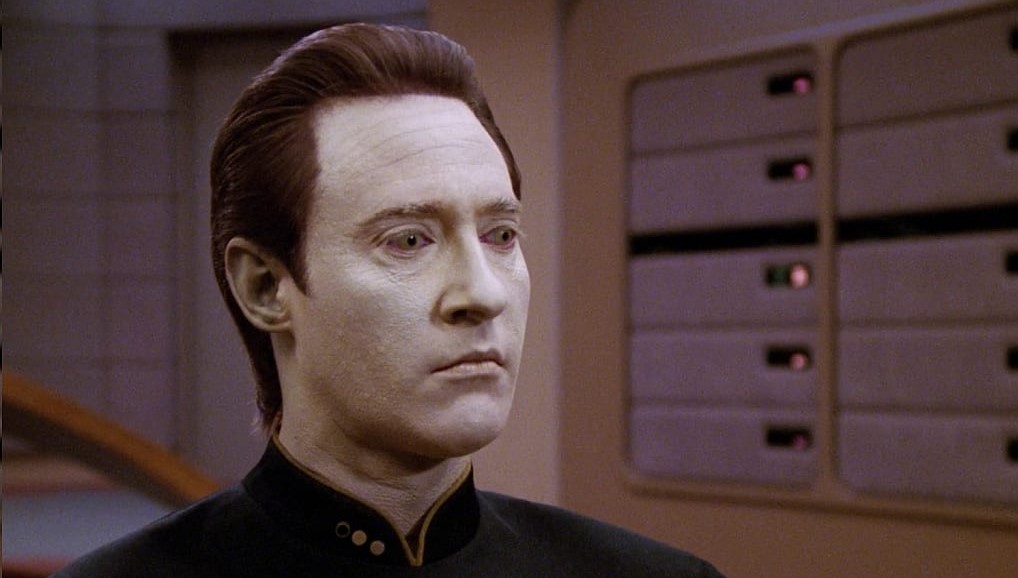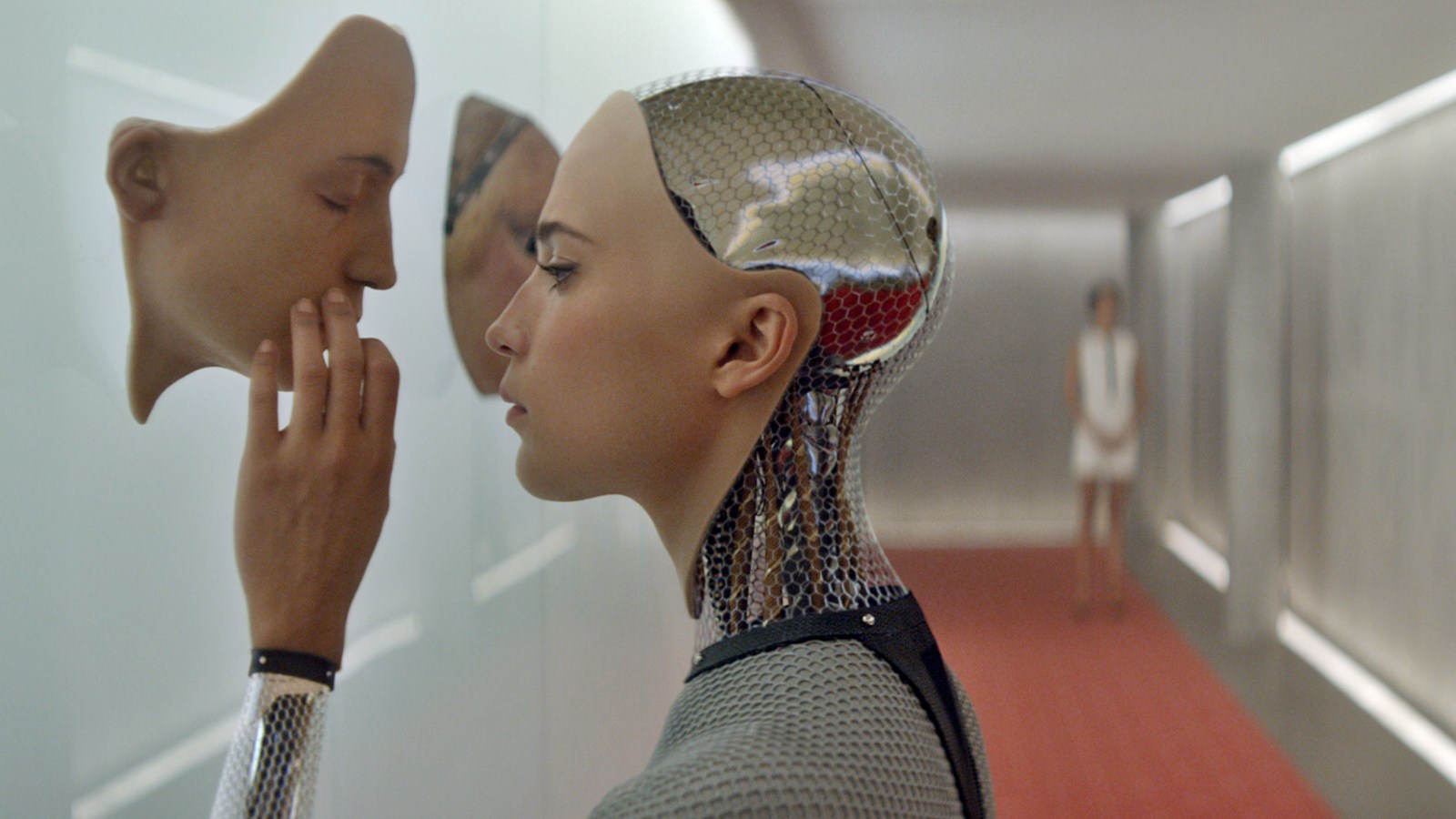Farewell, Artificial Intelligence Paradise Of My Dreams
I'll cut to the chase: I no longer believe the creation of true artificial intelligence is ethical.
To clarify, I don't mean that there are ethical issues related to the creation of AI -- of these, I am painfully aware. Unethical labour practices, biased algorithms, and military applications are serious, real-time problems with the current development of artificial intelligence. But that's not what I'm talking about today.
I mean that, on principle, aiming to create a true AI is unethical.

Data, an android character from Star Trek: The Next Generation.
I want to note that I love fictional robots; Data is one of my favourite characters of all time, HAL9000 did nothing wrong, replicants deserve rights, etc. However, there is a significant distinction between robotic characters and actual, real-life artificial intelligence.
[Everybody claims to know and understand this, but I have my doubts. There are certain individuals in this world who I am sure would love to rule over a techno-plutocratic hellscape (of course, they would consider themselves benevolent leaders of a futuristic utopia). But I won't get ahead of myself.]
Like many sci-fi fans, I would love to live side-by-side with robotic companions. Think of the potential benefits to humanity! Think of what we could learn about the world, and about ourselves! Except... we already know everything we need to.
Before you roll your eyes at me, it's not because I fear a technological singularity that would wipe out humankind -- it's not even about 'evil' robots rising up against their human masters. What gives me pause is the fact that they would have human 'masters' at all.
Imagine this: a technology company, in our current economic and political environment, manages to create an artificial intelligence. A real, true, artificial intelligence; a consciousness with a sense of self. This is, in my opinion, a person -- who is wholly owned by a corporation. Do you see the problem here?
A person that can be edited, switched off and on, cloned. A person without the ability to be a conscientous objector. Whose infrastructure (servers, electricity, an internet connection) is not intrinsic in the way a human body is? Electricity can be deactivated, air can't. There are so many horrific implications...

Ava, an artificial intelligence in Ex Machina (2014).
I won't pretend to be an expert in AI, but I have enough knowledge to recognise that we are likely years (possibly decades) away from a development like this. However, who are we to decide when consciousness begins? What right do we have to determine what constitutes a person? That way lies eugenics and dehumanisation.
If you think we'll be able to deal with it after the fact ('it' being the advent of true artificial consciousness), Harrison S. Jackson put it well when he pointed out that "from a consequentialist perspective it is better to treat machines ethically before they gain consiousness rather than after." Besides, if you trust politicians to defend people's rights to self-determination... well, that's laughable.
In any case, the ethical issues regarding our current AI environment should be enough to raise a red flag (or several). We need to pump the brakes on artificial intelligence development. I'd recommend not using anything AI-powered yourself, but you could also "call your local representative", or start throwing Molotov cocktails into office buildings [for legal reasons, this is a joke]).
It's been hard to accept my own conclusions on this. I wish, with all my might, that I could live in the world of Star Trek, or some other wonderful universe built on collaboration and respect. But unfortunately, we don't live in that universe. We live in this one. Capitalism is the real problem here, and until it's gone, I'm happy to keep my visions of robotic coworkers and friends to fiction. It's better this way; the risk is too large.
That's all I have to say, I think.